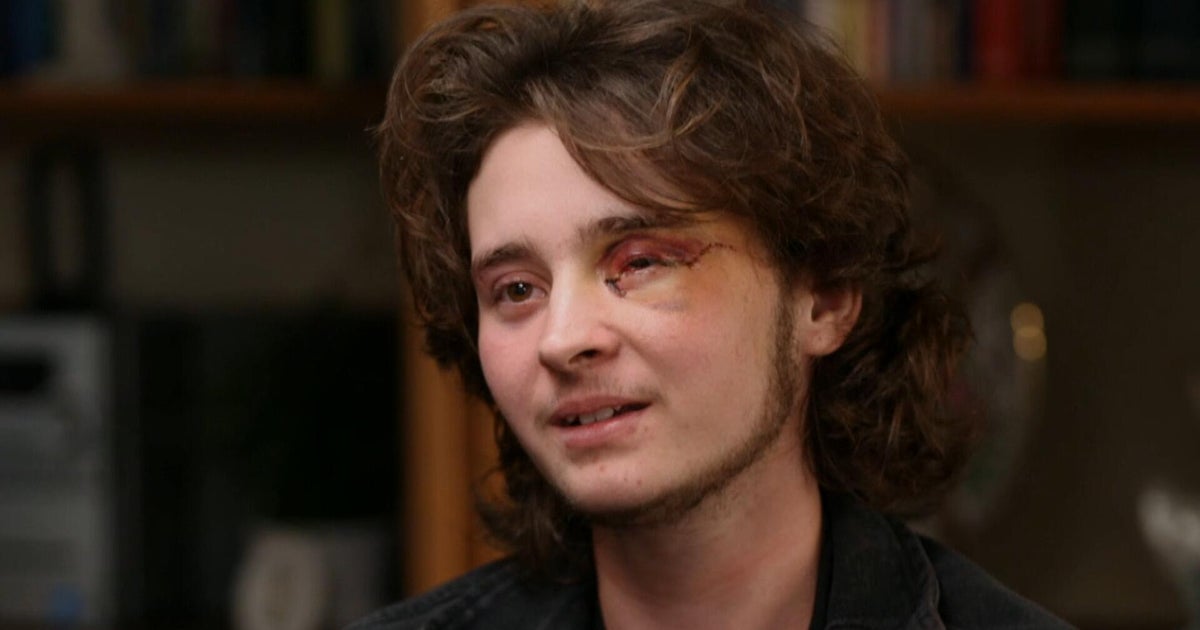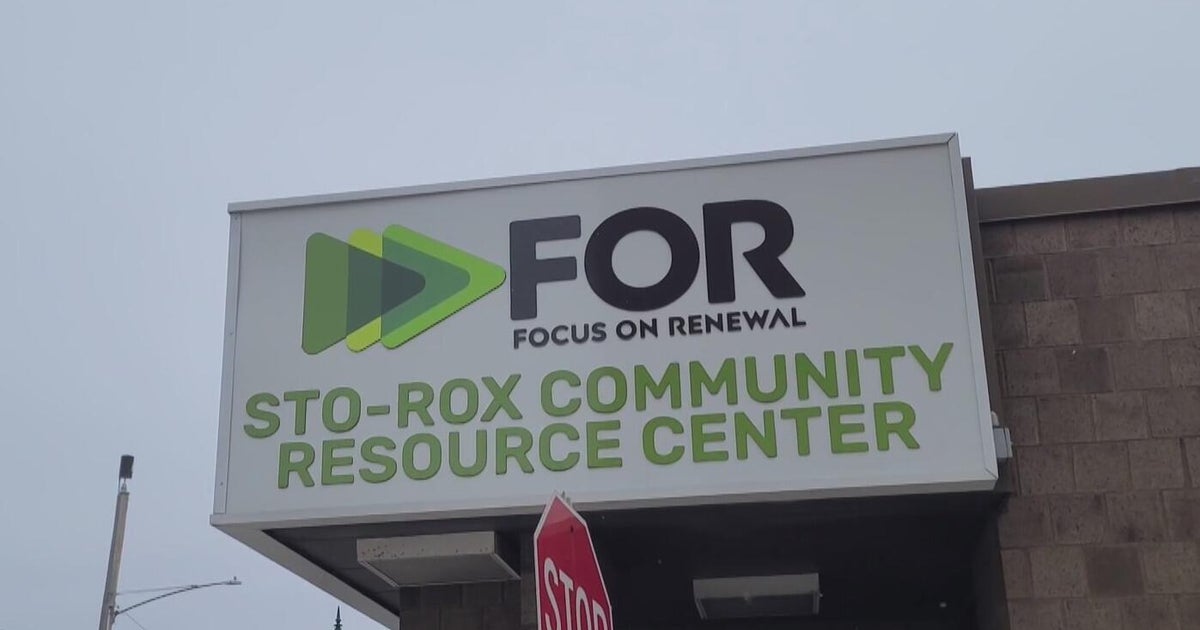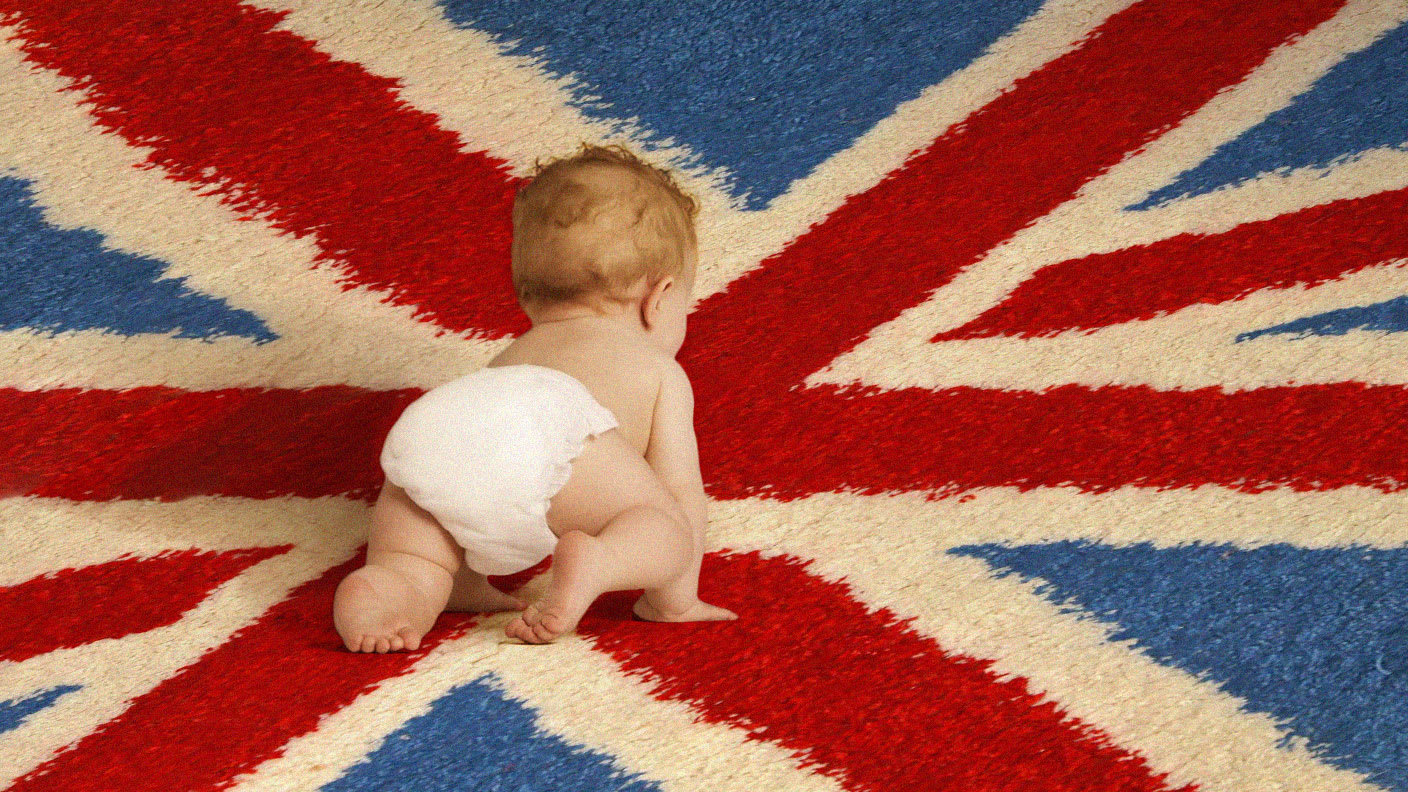Vietnamese refugees reunite with rescuers after decades of searching
After the fall of Saigon in 1975, more than a million desperate people fled Vietnam. Many of the refugees who escaped in small boats came to be called the boat people. Vietnamese immigrant Lauren Vuong was one of those people. Now a successful attorney, she's accomplished a lot in the four decades since then but until recently, one goal remained elusive: finding and thanking the men who rescued her at sea.
"At every big juncture in my life, graduation, law school, taking the oath, having children, seeing my parents. In the back of my head I would always think, you know, 'I have to find these -- I have to find these men," Vuong told CBS News' Don Dahler. "I would ask my mom periodically, 'Do you ever think about them? And she would say, 'Every time I have something good to eat, I think of them.'"
Vuong's mother, Mai Tran, says her first thought when she arrived in the U.S. was, "How could I find the people who saved us?"
Vuong never gave up on her mother's dream. Her parents -- upper class land owners in the south -- faced persecution once the North Vietnamese took control. Under communist rule Vuong's father was taken to a Vietcong reeducation camp. Tran was certain her husband would die there.
That led to a daring decision to get her entire family to flee the country. Along with dozens of other families, they crammed onto a small fishing vessel and set out to the open sea. Vuong was only seven years old.
"I remember just throwing up, just throwing up so much that I didn't think there was anything left to throw up. And there was nowhere to go to the bathroom. If you had to go, you just go," Vuong said. "You're living in all that."
They were at sea for 10 days. Even at just 7 years old, Vuong thought they were going to die.
"I don't know that a 7-year-old really knows what death is, but I didn't see how we keep – keep doing and feeling the things that we were feeling and continue," she said.
Somehow they endured. About 120 ships were on the same route but never slowed. Then on June, 29, 1980 they watched with awe as one paused and approached. It was a liquefied natural gas tanker called The Virgo.
Ken Nelson and Dan Hansen were the first two men Vuong remembers seeing.
"I believe I threw my ship shoes and stuff over the side when we came back up aboard the main deck because the conditions were that bad," Hansen said.
"There was no way that we were going to let those people go away on that boat. That would've been likely condemning them to death," Nelson said.
"The two men came on board... Then next thing I know, my mom was laughing, she was crying -- all at the same time. And she says to me, 'We're going to live, we're going to live,'" Vuong recalled.
The rescue meant not just survival, but set Vuong's family on a path full of promise in America.
Twenty-seven years ago Vuong began her journey to find these men. She researched maritime registries, scoured the internet, which led to conversations with officers, photographs and eventually an emotional reunion. It was the first time they had seen each other in 37 years.
"Dan stood on the gangway, and Ken stood on our boat, and they had to lift each child, time the swells, and then hand the child over... And so I said to them that I was delivered by you that day," Vuong said. "Like a baby."
Vuong got to share that special day with her parents, siblings, husband and children.
"I'll never not be Vietnamese, 'cause that's my heritage. I can't help being American, because it's my country. And when I see that hyphen, Vietnamese-American, i don't see it as a dividing factor, I see it as a bridge. That hyphen is a bridge of where I was, who I was, with who I am now, and where i am today," she said.
It's a bridge that owes its existence to a boat and its crew, who did the most American of things: embracing the huddled masses, yearning to be free.








